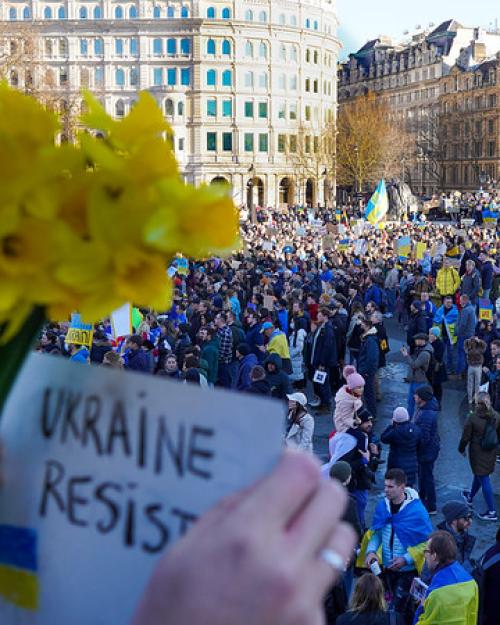On Thursday, the Biden administration announced economic sanctions on Russia in retaliation for alleged election interference and cyberattacks.
Nicholas Mulder, assistant professor of history at Cornell University, studies the origin and effects of economic sanctions. His first book “The Economic Weapon: The Rise of Sanctions as a Tool of Modern War” is forthcoming with Yale University Press.
Mulder says:
“The new sanctions on Russia are relatively mild. Both the sanctions on individuals and the sanctions on new Russian sovereign debt issuance as of this summer are signals, rather than immediate increases in pressure. Russia will probably understand the signal.
“What is an open question is whether these measures will help de-escalate tensions in Ukraine and elsewhere, which should urgently happen. As long as their nature as signals is understood by everyone, they can be useful. But there are unpredictable factors. Financial markets will respond to how they perceive the gravity of the measures. If a market overreaction aggravates the effects of the U.S. sanctions, they can have serious unintended consequences. So these measures should be handled with great care, and always used with an eye to achieving diplomatic progress.”
For media inquiries, contact Linda Glaser, news & media relations manager, lbg37@cornell.edu, 607-255-8942.





